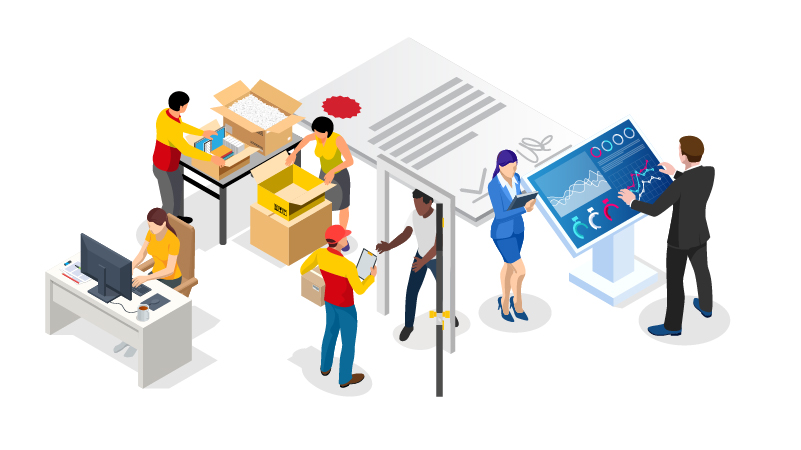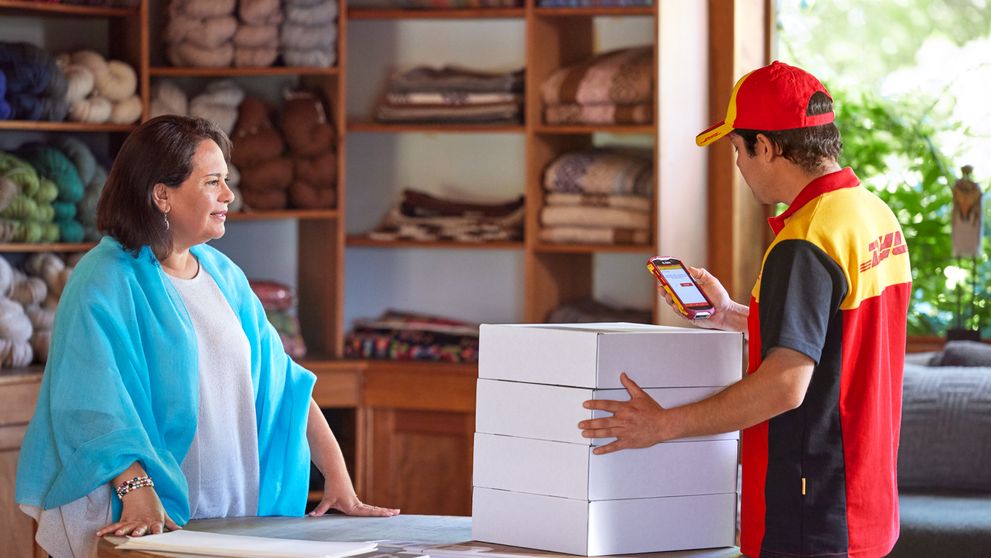One critical step can determine whether your shipments sail smoothly through customs or get stuck for weeks – and that’s making sure you declare the right customs value.
In today’s fast-paced world of e-commerce and global business, shipping products across borders is increasingly accessible yet often fraught with complexities. Whether you’re a growing e-commerce brand, a B2B exporter, or a small business testing international markets, one critical step can determine whether your shipments sail smoothly through customs or get stuck for weeks – and that’s making sure you declare the right customs value.
Many businesses make the costly mistake of treating customs valuation as just another formality. They declare round numbers, estimate values, or even intentionally undervalue shipments to reduce duties. However, in an era where customs authorities worldwide are cracking down on trade compliance, these shortcuts can backfire spectacularly.
The good news? Mastering customs valuation isn’t about complex formulas; it’s about understanding a few key principles and applying them consistently. Whether you’re shipping your first international order or managing a global supply chain, this guide will save you time, money, and headaches at the border.
Understanding Proper Customs Value Declaration
What is Customs Value?
Customs value refers to the true economic worth of your goods as they cross international borders. It serves as the foundation for:
Calculating import duties and taxes
Maintaining trade compliance
Ensuring fair competition in global markets
Why Proper Valuation Matters
In today's digital commerce landscape where shipments move faster than ever, customs authorities have implemented sophisticated systems to detect valuation discrepancies. Proper valuation ensures:
Efficient Movement of Shipments: Accurate declarations help prevent unnecessary inspections and delays at borders.
Protection of Your Bottom Line: While undervaluation might seem like a cost-saving tactic, the penalties for non-compliance can far exceed the duties you seek to avoid.
Trust Building with Authorities: Consistently accurate declarations position your business as compliant, potentially qualifying you for expedited clearance programs.
WTO Rules on Customs Valuation
The World Trade Organization (WTO) establishes global standards for customs valuation that all member countries, and logistics providers like DHL, to strictly follow. Key requirements include:
Declaration Requirement: All goods must have a declared value, even items provided free of charge, such as gifts or warranty replacements. Zero values or token amounts are strictly prohibited.
Transaction Value: This is the primary method for customs valuation and must reflect the actual price paid between the buyer and seller.
Waybill Declared Value: The Waybill Declared Value should reflect the price of the goods paid or payable between a buyer and seller. Where freight, insurance or other costs are included in the value of the goods and cannot be broken down due to the INCOTERM used, then the total value should be declared as is.
Determining the Right Value to Declare
The transaction value (the actual price paid or payable for the goods) is the standard method for customs valuation. This should match the amount on your commercial invoice.
If the transaction value cannot be used, customs may apply alternative valuation methods in this order:
Identical Goods Value – Price of the same product sold to the same country
Similar Goods Value – Price of comparable products
Deductive Value – Based on resale price in the destination market
Computed Value – Production cost + profit + expenses
- Fall-Back Method – Reasonable estimate using available data

What is Undervaluation?
Undervaluation is when an importer or exporter intentionally declares a lower customs value than the actual transaction price of goods. This deceptive practice aims to reduce or avoid paying legitimate customs duties and taxes. For example, declaring a value of $50 for a $300 smartphone or listing commercial goods as "gifts" with nominal values are common forms of undervaluation. Customs authorities universally prohibit this practice, requiring the declared value to reflect the true price paid or payable for the goods, including all associated costs like shipping and insurance where applicable.
Risks of Undervaluation
Undervaluation carries several consequences that can disrupt supply chains and damage business reputations. Customs authorities may impose heavy fines, seize shipments indefinitely, or blacklist repeat offenders from future imports.
| Example | Import De Minimis | Customs Declared Value | Proof of Payment Value |
|---|---|---|---|
| A | $50 | $48 | $75 |
| B | $50 | $75 | $200 |
The table illustrates common undervaluation scenarios, comparing declared values against actual payment amounts and de minimis thresholds.
For example, if your country’s De Minimis import threshold is $50 and you declare $48 for goods worth $75, customs may flag this as undervaluation, even if the amount seems small. While some logistics providers might not raise alerts for shipments below De Minimis, local customs authorities can still impose fines or penalties.
The safest approach is simply to always declare the true price paid, as well as retain proof (like invoices) and verify country-specific rules to avoid delays or legal issues.
Master Customs Valuation for Stress-Free Global Trade
Declaring the correct customs value isn’t just about compliance—it’s a strategic advantage in global commerce. By understanding and applying proper valuation methods, you can:
Avoid costly delays that frustrate customers and disrupt cash flow
Build trust with customs authorities for faster future clearances
Protect your business from devastating fines and legal consequences
Gain predictability in your international shipping costs
The few minutes spent verifying your declared values today can save weeks of headaches in the future. Whether you’re shipping samples to a new market or fulfilling bulk orders, consistency in customs valuation keeps your global operations running smoothly.
Open a DHL Express Corporate Account to Enjoy Special Discount Today!
DHL's global network of international specialists are well-versed in customs regulations so that every shipment moves on to its destination. Whether you're importing or exporting, opening a DHL Express Corporate Account means all the hassle of customs will be taken care of for you, so that you can focus on the business of selling!
Open a DHL Express Corporate Account Now












